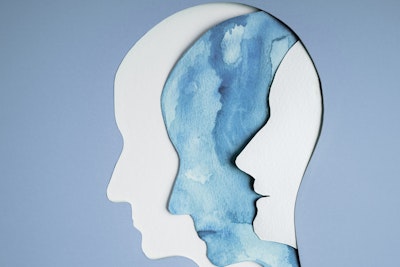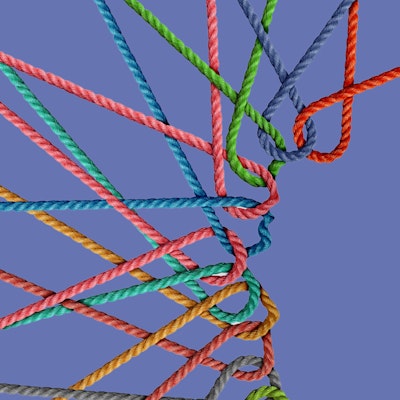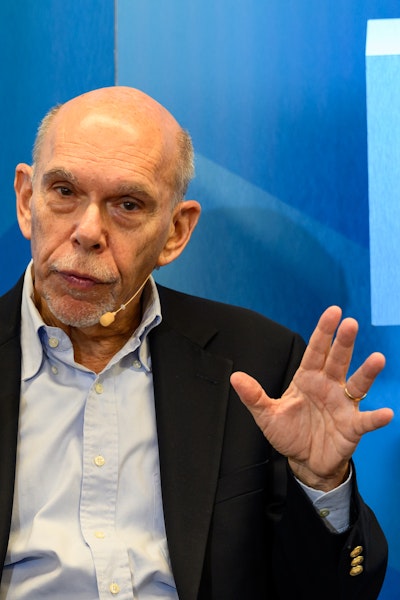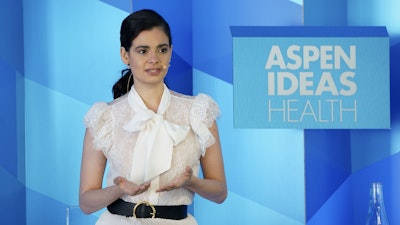Federal Health Policy: An Interview with Kathleen Sebelius, 21st Secretary, US Department of Health and Human Services
Setup
Responsibility for implementing the Affordable Care Act (ACA), in line with Congressional intent, rests with the US Department of Health and Human Services (HHS). The 21st secretary of HHS, Kathleen Sebelius, discusses the impact of the law since it was passed under her watch in 2010. She'll also talk about the provisions Congress might alter, the extent to which the executive branch can chip away at the ACA without new legislation, and whether there is any room for compromise. Looking into a crystal ball, she also offers insights about the future direction of the government’s role in health.
- 2017 Health
- Health
Explore More
Health

Since 2014, Aspen Ideas: Health has welcomed nearly 800 inspiring women leaders to our stages to share their bold approaches to better health. In honor of Women's History Mont...

Our attitudes, habits, pleasures, and responsibilities shift across the generations, influencing the health challenges we face and how we respond to them. Expectations about h...

Setting audacious goals helps to redefine what is achievable in health, medicine, and science. As we deepen understanding of the human genome, unravel the mysteries of the bra...

As we wrap-up another year of elevating big ideas at Aspen Ideas: Health, we're excited to share the 15 most-watched sessions from the event. These conversations with inspirin...

In America, millions of people struggle with mental health including depression, anxiety, and more — all further exacerbated by living through a pandemic. The National Allianc...

The United States spends $4.3 trillion—almost one fifth of the nation’s GDP—on health care. As the scale of the medical enterprise expands, venture capitalists are pursuing th...

Today's kids are coming of age against a backdrop of political, social, technological and economic upheaval. While these circumstances are shaping a precocious generation that...

Advocates, healthcare providers, legislators, researchers, and venture capitalists are bringing the unique health needs of women to light – from vigorous policy debates on iss...

From the debate over reproductive rights to the epidemic of gun violence to the youth mental health crisis, this year's Aspen Ideas: Health sessions tackled many of today's mo...

The recognition that all things are connected is at once a scientific principle and a philosophical touchstone. Humans, animals, and the environment are intertwined in complex...

Our need for human connection is profound and deep. Yet, today, one in two adults are living with measurable levels of loneliness – and the numbers are even higher among young...

Artificial intelligence is revolutionizing health care by improving patient navigation, telehealth and the speed of drug development. From enhancing patient and provider exper...

Brain-computer interfaces show potential to restore function to people impacted by incurable neurological conditions such as stroke, spinal cord injury, traumatic brain injury...

Neurodivergent people make up 15% to 20% of the global population, and visionaries are busy trying to foster welcoming environments in areas like adaptive sports, fashion des...

Across the globe, humans are living and working longer than ever — and today’s systems, governments and businesses aren’t prepared. Examine how we can reimagine work, wealth a...

Given what we learned from the global turbulence from COVID-19, are we any more prepared for the next pandemic? Author and journalist Michael Lewis and Adar Poonawalla, CEO of...

Few people are more deeply steeped in science than Francis Collins, former director of the National Institutes of Health and the groundbreaking Human Genome Project, and forme...

Climate change is a threat multiplier with a disproportionate impact on vulnerable populations. Girls and women, who are denied equitable access to education and economic oppo...

Featuring inspiring conversations, the closing session is not to be missed. First, U.S. Surgeon General Vivek Murthy and Jennifer Ashton of ABC News explore the loneliness epi...

The experience of loss alters the map of the world imprinted on our brain, disrupting patterns and expectations as it struggles to form new ones. Grief is a kind of longing, n...



